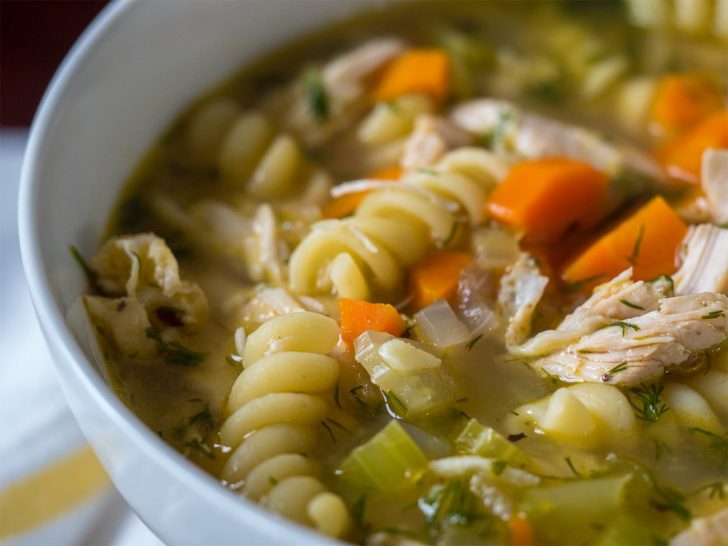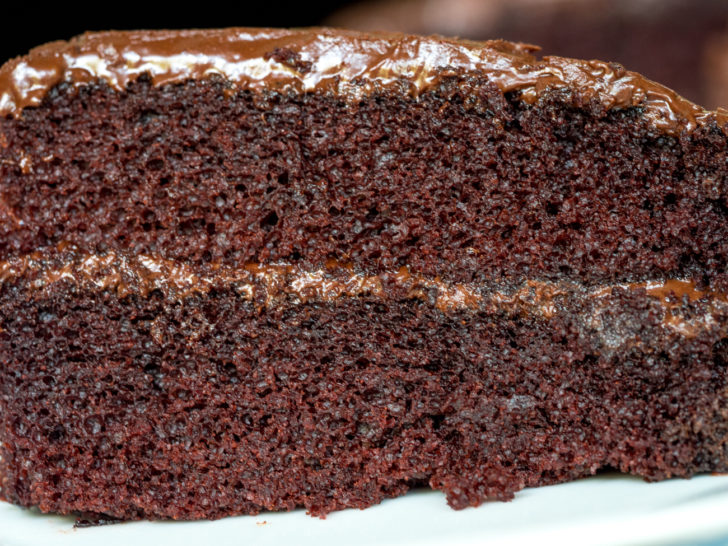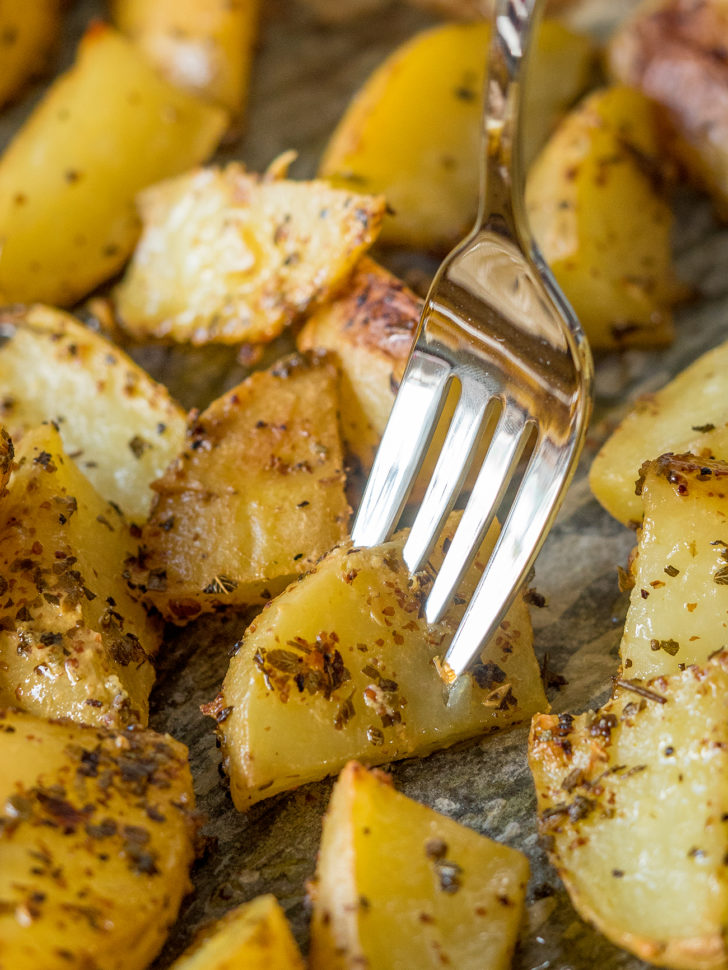
Feeling sick and sipping some warm, chicken noodle soup. Curling up with Netflix and creamy mac and cheese on a cold, dark and rainy day. Picking up some chocolate on the way home from a rough day at work. Everyone has their favorite comfort foods, and the reason they comfort us is due to memories we have as well as the deliciousness of the food.
Sometimes people refer to “comfort food” when they are thinking of foods that will be satisfying and may be associated with memories. Other times, people refer to foods that are higher in fat and calories (and guilt) as “comfort food”. Let’s take a closer look at the science behind our feelings of food comfort.

The Science
Smell, taste, memories, and feelings are very related. The associations we’ve made with both the smell and taste of specific foods get connected with memories and feelings. Research tells us that familiar scents, including food aroma, can induce feelings of positive self-esteem, optimism, and social connectedness. Other research tells us that the more connected someone feels to others, the more comfort they will find in food when feeling lonely. These people get more enjoyment from food when sensing conflict and when feeling lonely than people who feel less connected to others (or are less “attached”).

Why don’t we reach for carrot sticks and kale when soothing with food? We reach for creamy mac and cheese, french fries, chocolate, and ice cream because foods with carbs and fat help increase endorphins (endorphins reduce pain and help us feel better).

Another scientific, physical process that is comforting relates to fullness. This mechanism is less related to memories and comes from the fact that fullness is satisfying and comforting. Last winter a client told me about the hours she spent snow skiing, followed by finding “comfort food” in the lodge. The warm, dense, delicious pizza she ate in a cold, ravenous state was undoubtedly very comforting.
Dieting and comfort foods
When you hear comfort foods talked about negatively (“I should have come home and made myself a salad, but in a moment of weakness I went for comfort food instead”), it’s likely not a scientific reference to comfort food. The phrase “comfort food” is often used when someone eats a food they’ve deemed off-limits. When we forbid foods, the natural reaction is to want them more. The momentary (momentary because it’s quickly followed by guilt) relief we feel having eaten what we really wanted feels comforting. In addition, diet food normally is discomforting in that it doesn’t supply the body with adequate carbs, protein, fat, and calories. This adds to the comforting feeling normal food – with adequate carbs, protein, fat and calories – gives us.

So enjoy the rich yumminess of your homemade cookies that taste and smell the same as they did when you were a kid. There are very real, physiological reasons they make you feel so good!
Meaghan Ormsby, MS, RD is a dietitian who promotes eating well & keeping it real @ Kitchen Toolz













